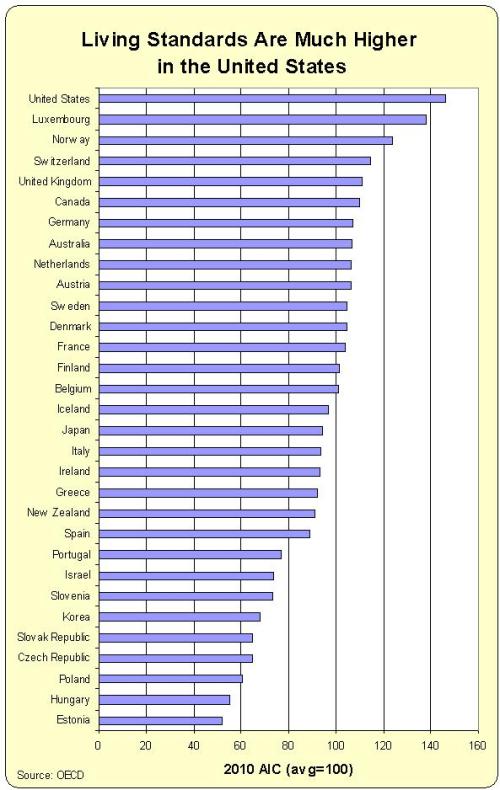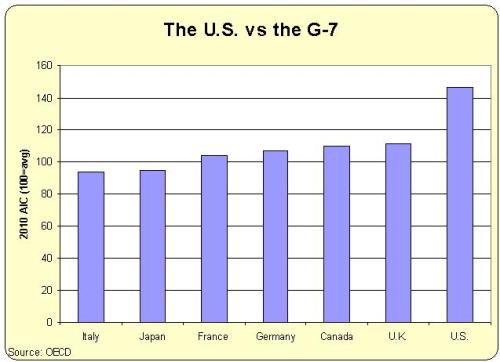Montgomery County in Maryland is not exactly a hotbed of free market thinking or a bastion of limited government.
It’s one of the richest counties in the nation, but not because of entrepreneurship and wealth creation. Instead, it’s a bedroom community for over-paid bureaucrats, corrupt lobbyists, fat-cat contractors, and other ne’er-do-wells who commute into Washington and live off the blood, sweat, and tears of people in the economy’s productive sector.
To give you an idea of its political leanings, Obama won 72 percent of the vote in Montgomery County in 2008 and all nine members of the County Council are Democrats.
So you wouldn’t think this is a place where lawmakers ever have anything sensible to say about tax policy. But, lo and behold, one Councilman recognizes that there’s no Berlin Wall surrounding the County. As such, higher tax rates may not generated additional tax revenue if people vote with their feet.
You can listen to George Leventhal by clicking here, but here’s the relevant quote.
We may be reaching a tipping point with tax rates. There’s a point beyond which you can keep raising the tax rates, but you won’t get more revenue because if people leave the county or if new businesses don’t start you’re not getting new revenue.
For the uninitiated, Leventhal is talking about…gasp…the Laffer Curve.
Folks like Paul Krugman would like you to believe that the Laffer Curve is a twisted fantasy concocted by stooges for the rich. He writes that it is “junk economics” to consider the relationship between tax rates, taxable income, and tax revenue.
In the real world, though, at least some left-leaning lawmakers realize that higher tax rates backfire if the geese that lay the golden eggs fly away (as has happened in Italy, France, and the United Kingdom).
Maybe we can take up a collection and hire Mr. Leventhal to do a bit of economics tutoring for a certain Nobel laureate?
P.S. Just in case you’re not convinced by the experiences of a local politician, there is lots of empirical evidence for the Laffer Curve.
- Such as this study by economists from the University of Chicago and Federal Reserve.
- Or this study by the IMF, which not only acknowledges the Laffer Curve, but even suggests that the turbo-charged version exists.
- Or this European Central Bank study showing substantial Laffer-Curve effects.
- Or this research from the American Enterprise Institute about the Laffer Curve for the corporate income tax.


